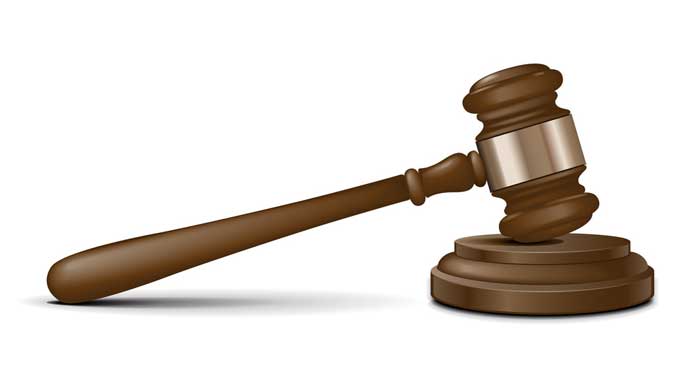For horse lovers, it is hard to imagine your equine partner as property or an investment, but sometimes a person has to face that reality with full force. Whatever your opinion of the head of Eurocommerce, Ger Visser, he did invest a great deal of time and money in the equestrian industry. Visser owned a string of world class jumpers including Eurocommerce Berlin, Monaco and of course, London, which Gerco Schröder piloted to two silver medals at the 2012 London Olympics. But when Visser declared personal bankruptcy, Eurocommerce London and his stable mates were much more than successful horses in the ring. Under Dutch law, these horses were assets and could be auctioned off to pay debts.
Many in the horse world watched the bidding carefully as Eurocommerce London’s opening bid of four million euros continued to rise, wondering who might be trying to purchase the talented stallion. Some might have seen the lower price tag on other horses and thought maybe…. just maybe….but there is much more to purchasing a horse during an online auction than punching in a credit card number.
One key element of purchasing a horse during an online or forced auction is the question of multiple owners. Some of the horses sold at the Eurocommerce auction were owned entirely by Eurocommerce, but for other horses, Eurocommerce only held partial ownership. The special terms and conditions of the forced auction specifically provided that for some of the horses being offered only an individual partial ownership was offered and there was no possibility of purchasing full ownership of the horse in question. In these cases, it is the duty of the buyer to make arrangements with the co-owner(s) regarding the co-ownership and use of the horse.
In the United States, some bankruptcy sales provide that the sale be made without representations and warranties as to ownership. It is then the buyer’s duty to determine if they are purchasing clear title to the horse. In the case of horses that would be registered with the USEF, it clearly states that the registration of a horse with them does not necessarily reflect or represent true ownership of the horse. It is therefore the responsibility of the buyer at auction in the United States to determine whether or not the seller has full title and the ability to sell the horse.
Dutch law sets forth certain provisions for jointly-owned property that does not have a partnership or owners’ agreement. A purchaser of partial ownership of a horse can petition the court to either develop a binding agreement between the parties or determine which party has the right to purchase the other parties’ interest in the horse.
In the United States, the laws of the individual states do not typically have statutes addressing this point because it would be equated to a breakup of a partnership. If there was a partnership agreement for ownership of the horse, it is conceivable that the agreement would be controlling as it relates to the use and care of the horse. A party in the U.S. can petition the court to dissolve the partnership and make a distribution that requires a forced sale to one of the owners of the horse.
In Dutch Law, in the interim, the horse would be protected and any party protecting the asset and supplying funds for its protection would have a right to assert a claim against the co-owners for monies expended and costs incurred. It is good practice for a purchaser at auction to make an independent determination of the ability of the seller to actually sell the property with free and clear title.
Co-ownership can be complicated under any circumstances, but when it comes to bankruptcy and public auctions it becomes even more confusing. The best protection is to make sure you have all the facts on ownership and know every aspect involved in the purchase.
The tale of Eurocommerce London ended on a happy note. The Glock Performance Horse Center purchased the stallion for 8.6 million euros ($11.8 million) and will keep Schroder in the irons.

